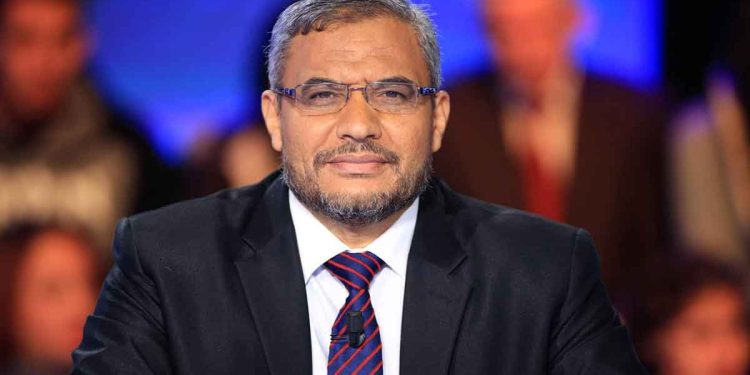In a development raising serious concerns over the state of judicial independence in Tunisia, a court in the northern city of Ariana on Friday sentenced senior Ennahda party figure Sahbi Atig to 15 years in prison on money laundering charges. The verdict follows a protracted legal process stemming from a case dating back to 2016 and comes amid growing scrutiny of the treatment of opposition figures in the country.
According to court documents, Atig was convicted alongside four other defendants who received prison sentences ranging from one to 15 years, in addition to fines reportedly reaching 60,000 Tunisian dinars. The charges against the group included forming an organised structure for the purpose of laundering money, unlawful possession of foreign currency, incitement to give false testimony, and complicity in concealing elements of a criminal act.
The ruling has prompted renewed questions over the impartiality of the Tunisian judiciary. Rights monitors and legal observers have noted that the case appeared to lie dormant for several years before being reactivated, raising concerns about its timing and underlying motives. Atig’s family, including his wife Zeinab Maraihi, rejected the charges as unfounded and politically motivated, citing investigative records they say contain no evidence linking Atig to the funds in question or the property referenced in the case.
Testimonies from law enforcement officials were reportedly presented in court indicating no direct association between Atig and the alleged offences. Despite this, the proceedings continued and resulted in a conviction that Atig’s defence considers to be in violation of due process guarantees.
This conviction follows another recent sentence issued against Atig, who in a separate case was handed a 13-year prison term for alleged conspiracy against state security. Human rights organisations have described the pattern of prosecutions targeting opposition members as indicative of a broader crackdown on political dissent.
Atig, 66, is a prominent political figure who led Ennahda’s parliamentary bloc between 2011 and 2014. He was previously imprisoned during the presidencies of Habib Bourguiba and Zine El Abidine Ben Ali. His current sentencing has drawn particular attention given his long history of political activity and past experiences with imprisonment under different regimes.
Observers note that the pace of prosecutions against political figures has accelerated markedly since President Kais Saied enacted exceptional measures on 25 July 2021, dissolving parliament and suspending key constitutional institutions. Critics say this has enabled greater executive influence over the judiciary and eroded safeguards for fair trial rights.
The ruling against Atig comes in a context where legal frameworks appear increasingly to be deployed to neutralise opposition voices. Human rights advocates continue to call for transparent proceedings and judicial independence, warning that the use of the judiciary to pursue political rivals undermines the rule of law and places detainees at heightened risk of arbitrary detention and unfair sentencing.


























